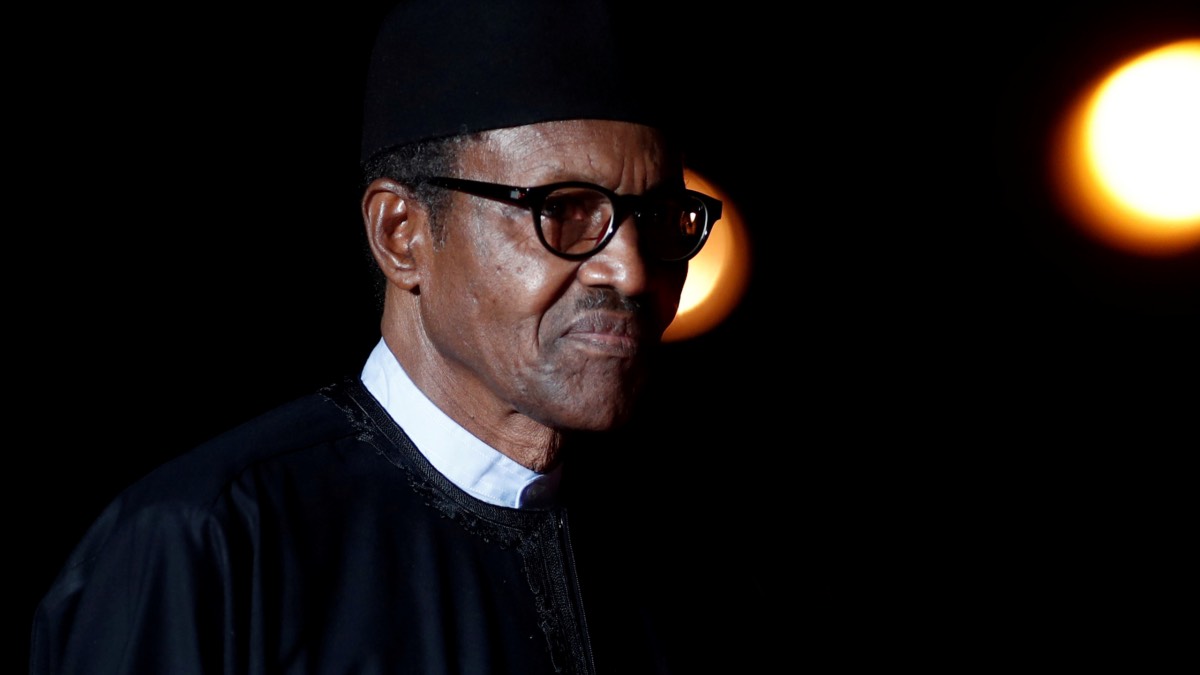[dropcap]T[/dropcap]he African Continental Free Trade Agreement, AfCFTA, is a free trade agreement amongst 54 out of 55 African Countries, targeted at creating a single and more formidable market for goods and services as well as a single customs union for free movement of persons and capital.
Member countries of the pact seem to be the largest bloc in terms of the number of participating nations even against any other organization like the world trade organization. This agreement came into force on May 30, 2019, following the ratification by 22 out of the signatory states and entered its operational phase following heads of government summit in July 2019 in Niamey, the capital of Niger Republic.
Unarguably, strong evidence abounds that contemporary continental cooperation can influence both the context and quality of transnational policymaking, ranging from economic development social affairs, trade, health, education, to peace and security. To this effect, the African Continental Free Trade Area is a laudable development pact on an initiative for continental integration, paving the way for better trade and development.
Furthermore, the agreement seeks to create a single market platform for all member states in order to promote trade and commerce amongst them. This trade facilitation will also ensure the path towards enabling industrialization of the continent. Thus, this agreement as initiated by the African Union in Kigali, Rwanda on March 21, 2018 which will ensure or required signatory member state to remove tariffs of about 90% of goods and services, thereby allowing free access to commodities, goods, and services across the continent without much hitches and barriers.
In addition, it is estimated that AfCFTA agreement will further increase and boost trade by 52.3% across Africa come 2022. On why this initiative is very important, intra-Africa trade is only about 10% of total African trade. Therefore, AfCFTA is expected to help in pushing up for considerable trade on the continent. Even though, some are of the view that this initiative may end up in favour of rich and advantageous African countries against the poor ones. However, Analysts observe that it as an avenue of encouraging competition among member states. There is, therefore, tremendous potential for the continent to exploit, because, before this initiative, mobility of Africa migrants may be enhanced around and within the sub-Saharan African. And this number is estimated to be around 70% of teeming Africa Youth.
This also will give African youth economic opportunities they deserve in a way that trade and business expansion will pave, reinforced professionals and educating mobility of its workforce, thereby creating an estimated 1.2billion market force in the continent.
Consequently, AfCFTA has an important part to play in Africa’s development drive, through contributing to its income generation, structural transformation, job creation and improve security. This part holds great and important future development which can be achieved via this initiative, which will eventually lead to strong African economic integration. It is appropriate and of noteworthy to praise African leaders especially at this time for agreeing to initiate and to sign this pact towards ensuring and seeing that Africa, and its economy, is moved towards another face of development.
Regions and continental blocs are now everywhere across the globe and are increasingly fundamental to the functioning of all aspects of world affairs from trade to conflict management and can even be said to now constitute world order. To this end, AfCFTA will stand the test of time if supported by signatories in ensuring that tariffs and barriers are holistically discarded or reduced to its barest minimum to spur a strong economic partnership on the continent
A few months down the line after Nigeria signed this agreement, she closed her land borders which have generated debates, even though border closure is not new in Africa. For instance, Kenya closed its borders with Somalia for security reasons while Rwanda briefly closed the border with the Democratic Republic of Congo because of Ebola outbreaks.
The closure of Nigerian borders according to the Federal government is to check to smuggle, encourage local innovation, production and security reasons, but those who argue against the decision insist that Nigerian border closure goes against the spirit AfCFTA.
Increase Uche, President, National Association of Government Approved Freight Forwarders (NAGAFF), described the policy as ill-timed and of great danger to Foreign Direct Investment (FDI).
He observed that while Buhari’s security advisers might have genuine concerns, the “unfortunate” decision is coming at a time Nigeria had just signed the AfCFTA.
Could Nigeria’s decision be a mockery of AfCFTA agreement? Godwin Emefiele, the Central Bank governor, said the border closure is a means of rejuvenating Nigeria’s economy and creation of employment opportunities, stressing that there has been an “astronomical growth” and the number of rice farmers and local production of the commodity has increased “exponentially”.
According to him, the benefit of the border closure includes but not limited to the creation of jobs for the unemployed and the citizenry and has helped to bring integrated rice milling back into business again.
He maintained that before the borders are reopened, there must be concrete engagements with countries that are involved in using their ports and countries as landing ports for bringing in goods that are smuggled into Nigeria.
Although the border closure seems to be in contrast to the principal objectives of the AfCFTA, the Nigerian government needs to demonstrate the political will to resolve issues that led to border closure through dialogue.
Enoch Aruwan is a post-graduate student at Kaduna State University. He can be reached by email HERE.
The opinions expressed in this article are solely those of the author.







